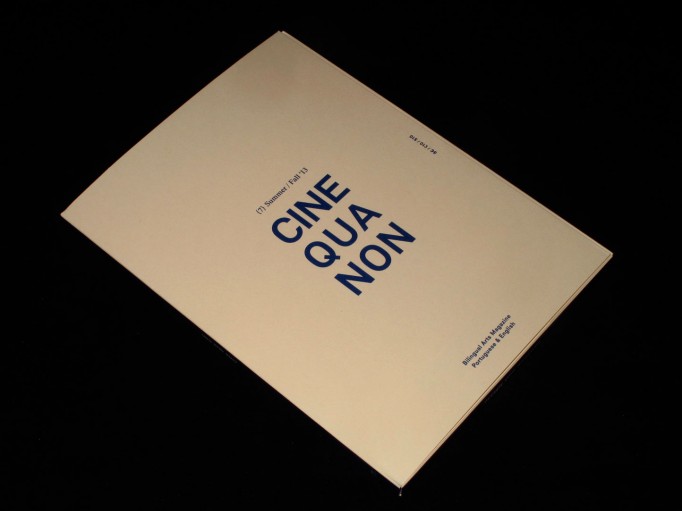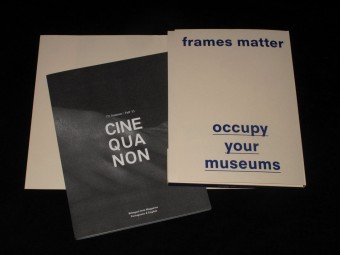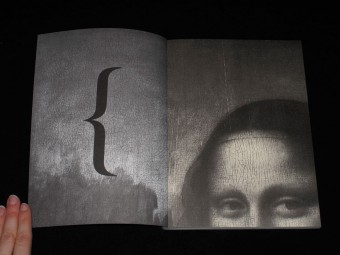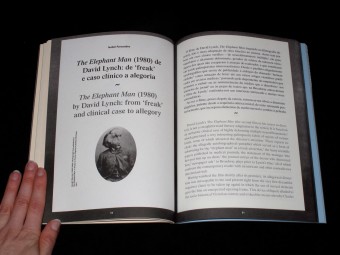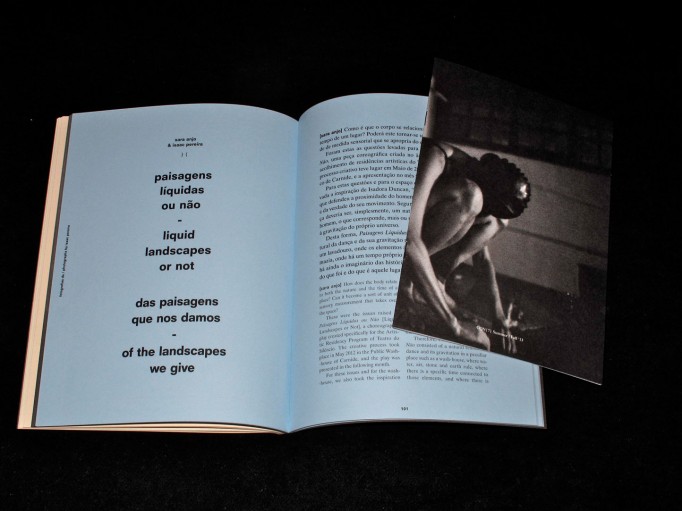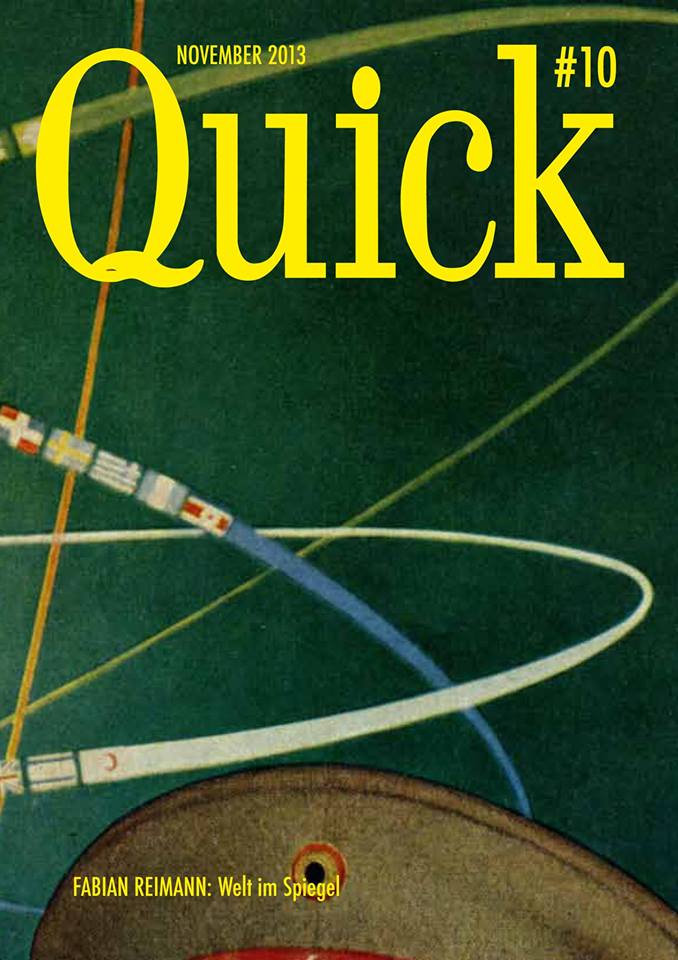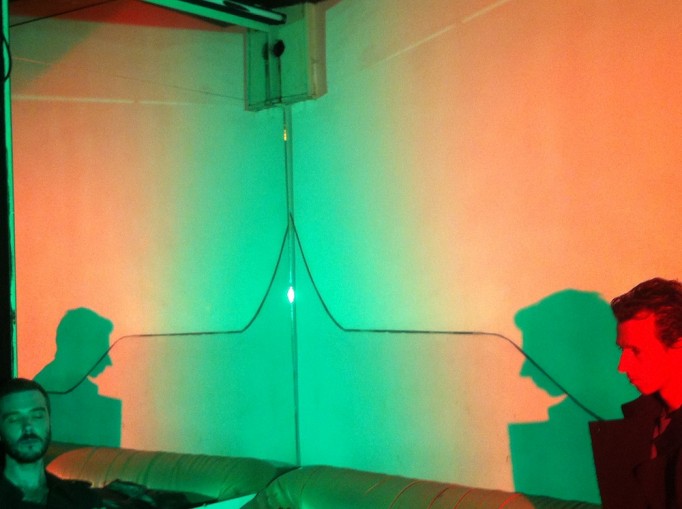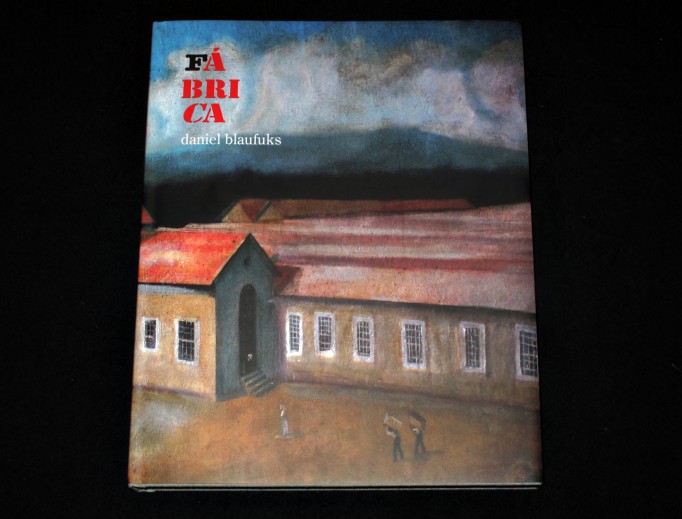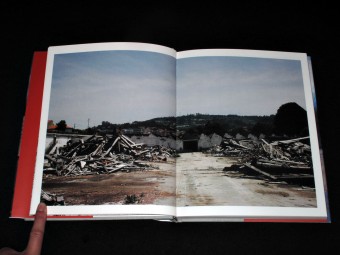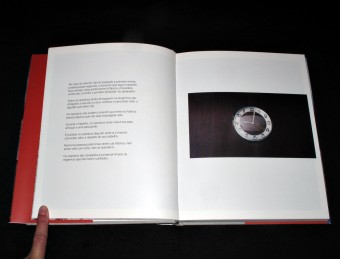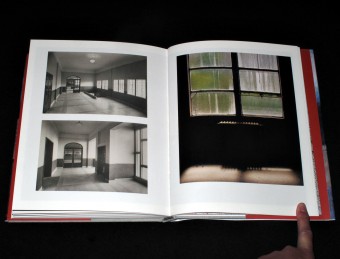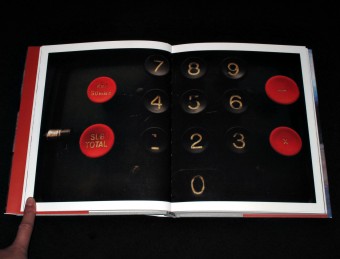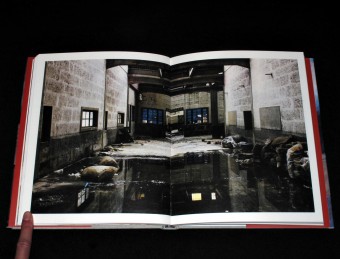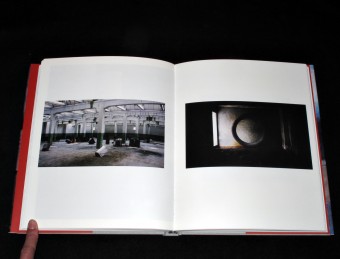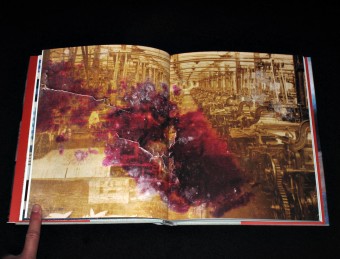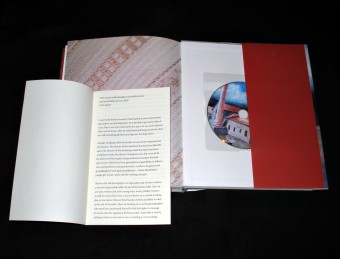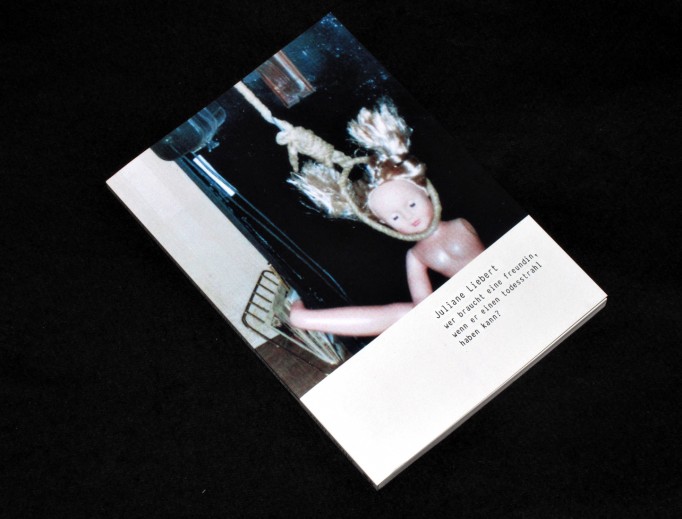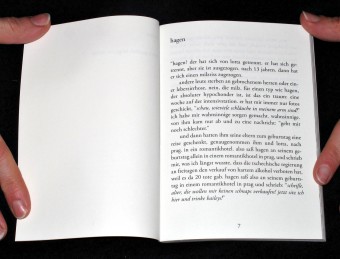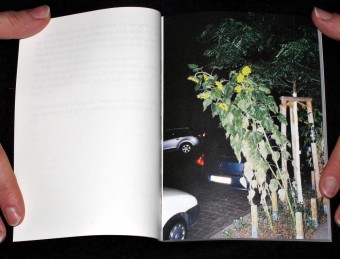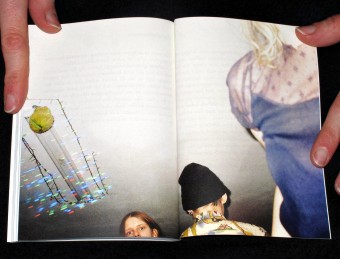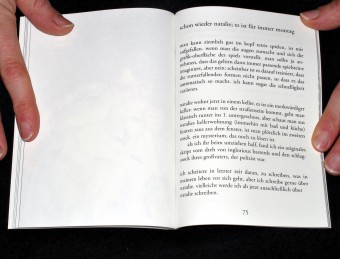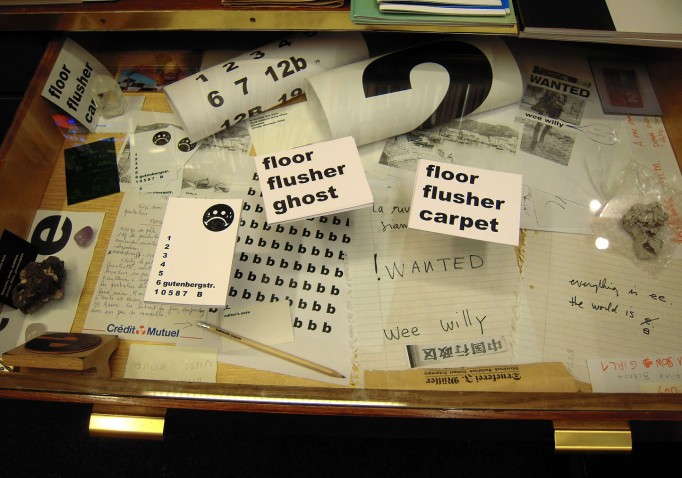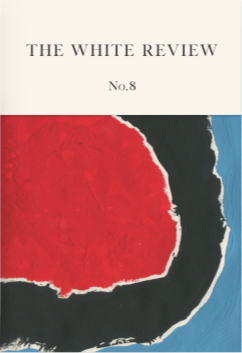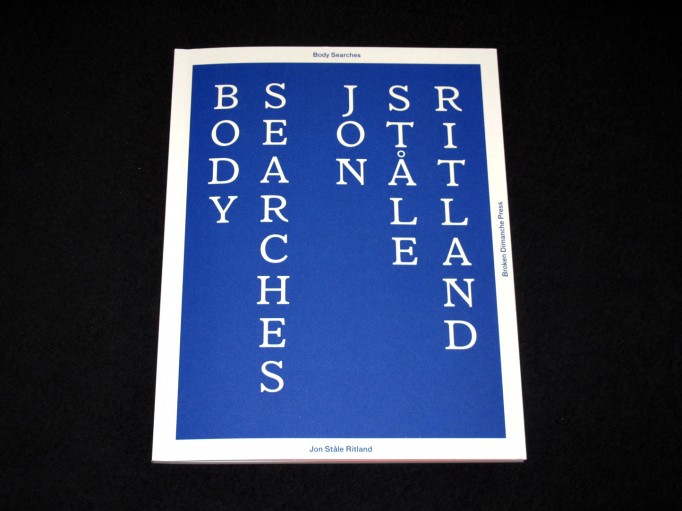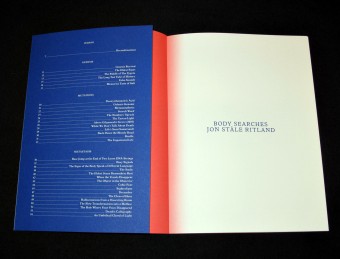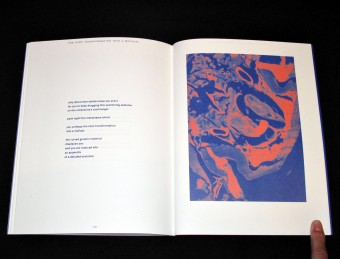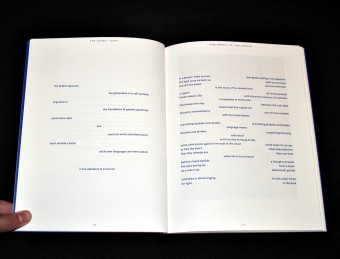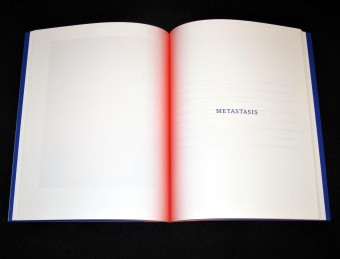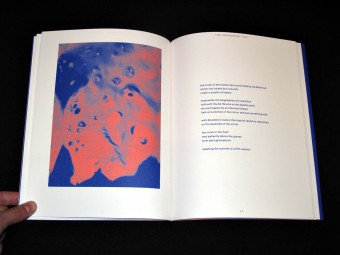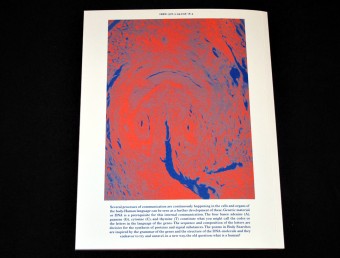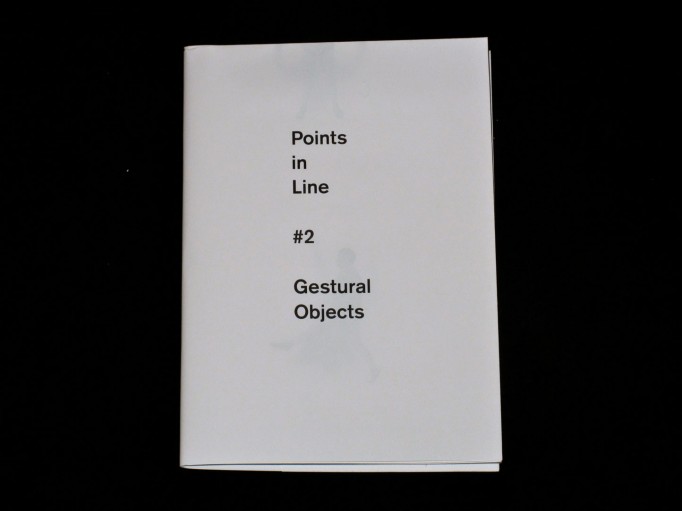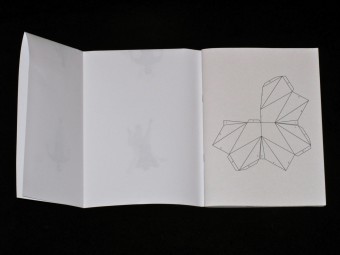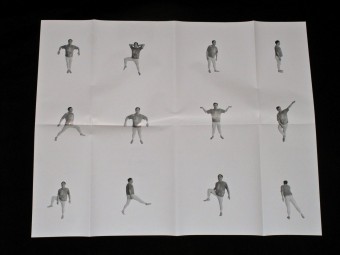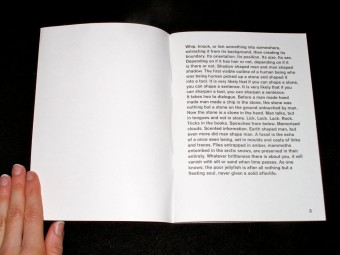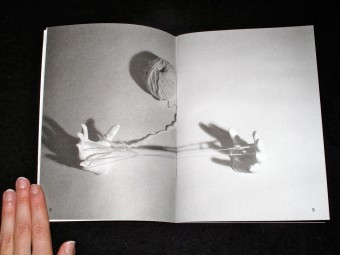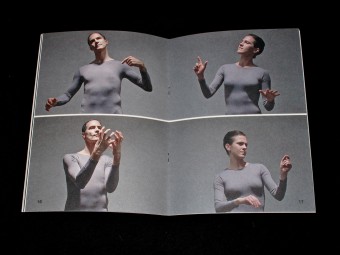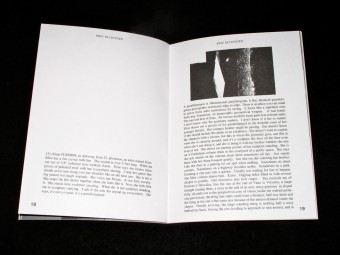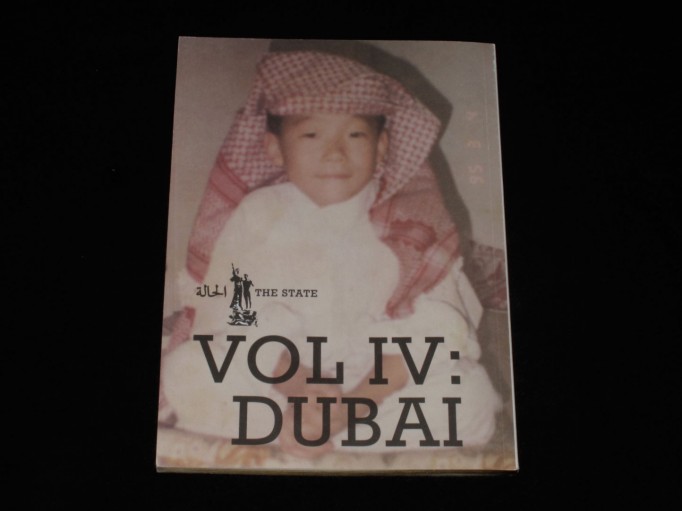
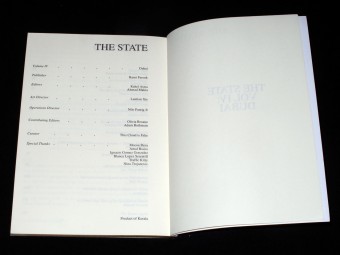
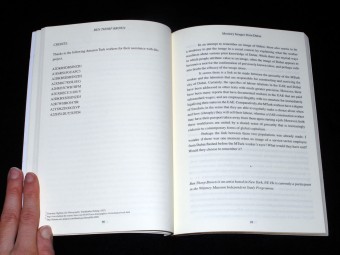
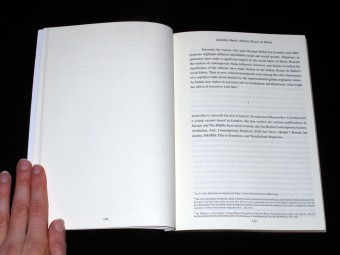
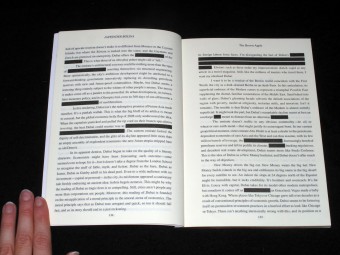
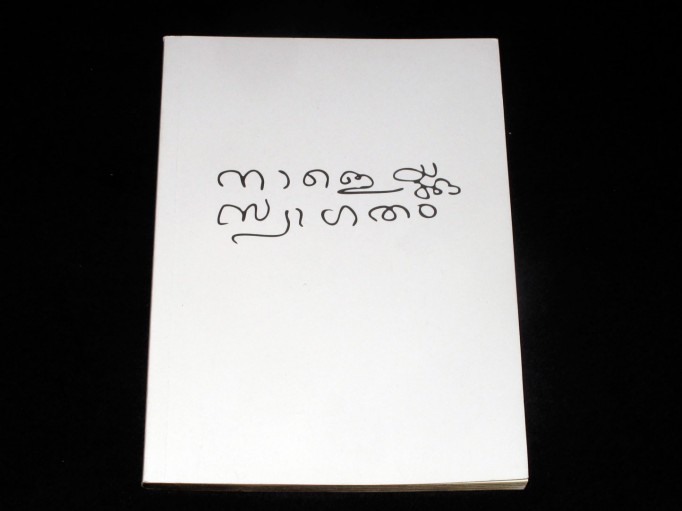
The State Vol IV: Dubai. Rahel Aima, Ahmad Makia (Eds.). The State.
In Kerala, a term exists for people like my parents, bandied by neighbours and relatives – Gulf return. Always used in the singular, it is a term associated with privilege, a term for the once-insider who will die an outsider. It accentuates the success story, pretending to know and define those who, out of desperation, adventure or marriage, left their homes to seek work, and now return to expected social glory and envy.—Deepak Unnikrishnan, “Gulf Return,” Himal (December 2010)
A few months ago, we found ourselves sitting in a blush-walled room in the grey area between Mattancherry and Fort Kochi, Kerala. We were in a Gulf Return house on a Gulf Return street, in a town built with Gulf Return money. Just a short ferry ride away was a Dubai Ports World terminal; right on our doorstep, at the nearby Kunnumpuram Junction, was a UAE Xchange outpost, and an ice cream parlour selling Sharjah Shakes. We had left Dubai, with the intention of producing this issue looking at it from across the Arabian Sea, but everywhere we looked, Dubai was all around us.
Can you ever leave Dubai?
In the last year, we’ve produced THE STATE from Madagascar, Portugal, the US, India, and the UAE. Thus far, we’ve been thinking of this publication as placeless, rooted only in the nebulous printernet. Turns out we’ve been trying to figure out Dubai—this strange, wonderful, occasionally traumatic place we grew up in—all along. (Jury’s still out on whether that trauma was due to Dubai, or just the turbulence of adolescence.) The thing is, we are the children of Gulf Returnees ourselves. We didn’t leave our home countries to come here; Dubai’s the only home we’ve ever known. Yet most narratives of Dubai focus on its extremes—solar-sintered skyscrapers made from sun, sand and glass or the unknown labourers that built them; unbridled admiration for its visionary transformation or vitriolic, xenophobic schadenfreude; searing desert heat or lush, landscaped golf courses. As residents-but-not-citizens, we’re paradoxically privileged, yet invisible; our stories remain as yet untold.
Our first questions linger. How do you speak a place, or from a place? Can cultural production have terroir? What does it mean to be a publication from Dubai that has thus far evaded ever actually addressing its positionality head on? Consider this a first attempt.
Contents:
The State Shall Remain Nameless
Manan Ahmed Asif
An Arabikatha
Deepak Unnikrishnan
Teaching Moments in Dubai
Ayesha Mulla
Remembering My Narrow Veins
Maryam Wissam Al Dabbagh
Sharjah Smells Like Biscuits
Sophie Chamas
5,000 Kilometres of Evocations: Bombay – Dubai – Mumbai
Nilofar Ansher
Aesthetics of Disempowerment
Sheyma Buali
Memory Images from Dubai
Ben Thorp Brown
Speculations and Questions on Dubaization
Fadi Shayya
Indelible Marks: Africa’s Traces On Dubai
Jareh Das
A Drone’s Eye View of the Speculative Future
Manuel Schwab
The Brown Apple
Jaswinder Bolina
Language: English
Pages: 140
Price: €12.00
Buy it

